Campus as a Living Lab, Sustainability as the Priority: 25 NCKU Research Teams Showcase Outstanding Achievements
"Stepping out of the lab and stepping beyond different disciplines is the only way to go global," said Vice President Hong-Chen Chen in his opening remarks. He emphasized that contributing to society beyond campus has always been a key focus for NCKU. The campus is not just a hub for academic research and teaching but also an ideal testing ground for innovation and practice. He expressed gratitude to all the team members involved in the programs, noting that their dedication and efforts have enabled the successful implementation of the International Leap Program and the Sustainable Humanities and Technology Campus Pilot Program.
Vice President Chen highlighted that the International Leap Program involves 11 teams, while the Sustainable Humanities and Technology Campus Pilot Program features 14, totaling 25 projects. These efforts demonstrate NCKU's success in advancing key research technologies to the global stage. Many faculty members also attended to observe, hoping that the midterm presentations and reflections would raise awareness of the teams’ efforts and show how their research has been applied to international contexts. Chen emphasized the session's role as a platform for mutual learning and exchange.
As a research university, NCKU integrates research outcomes into campus life and combines pilot testing with practical application to continuously refine and expand its innovations. With "Campus as a Living Lab" as its core philosophy, the university plans to strengthen collaborations with international partners, fostering academic exchanges and experimental innovation. It also aims to promote sustainable campus development, implement sustainability-related courses and technologies, and transform academic research into practical applications, underscoring NCKU's dedication to sustainable development.
Chen noted that the university president often highlights the importance of taking research beyond campus and adopting a national perspective. The original goal of the Campus Pilot Program was to implement a nationwide standard for testing in the field. Looking forward, the program aspires to align with sustainable campus initiatives, positioning NCKU as a model site for sharing sustainability-related achievements and experiences with partners worldwide. With the collective efforts of NCKU's faculty and students, Chen envisions the campus becoming a paradigm of knowledge innovation and sustainable development, cultivating more interdisciplinary talents with global perspectives and practical skills.
"Without this program, I wouldn’t have had the chance to meet professors from other departments," said Director of Research and Development Chuan-Pu Liu in his speech. He noted that many participants shared similar sentiments, emphasizing how this initiative fostered cross-disciplinary collaborations that might not have otherwise occurred. Most research tends to remain within the bounds of one's own expertise, but working with faculty from other fields has created opportunities for breakthroughs in key technologies. Since the program's inception, dozens of research papers have already been published in international journals. Liu expressed confidence that this strong start would lead to even greater achievements next year.
Liu stated that this year marked the program's foundation, and moving forward, the focus would be on excellence. The university will continue to support outstanding teams, ensuring steady progress. The goal is to enable faculty to achieve outcomes that exceed the initial investment. The final review meeting in February is expected to showcase the impact of participating faculty, making NCKU a beacon of innovation from Tainan to the world.
The International Leap Program, launched in 2024, spans three years and involves close collaboration with 39 leading international academic and research institutions, including King’s College London, Georgia Institute of Technology, and Kyoto University. Its goal is to elevate NCKU’s focus areas into Taiwan's competitive strengths and realize the vision of "NCKU Brand, Regional Linkages, Global Excellence", accelerating its path toward becoming a world-class university.
The Sustainable Humanities and Technology Campus Pilot Program is a two-year initiative using the NCKU campus as a testing ground to promote the implementation of sustainability-related courses and technologies. It aims to create a green, smart, and resilient campus model, with plans to extend its successful experiences to both domestic and international audiences.
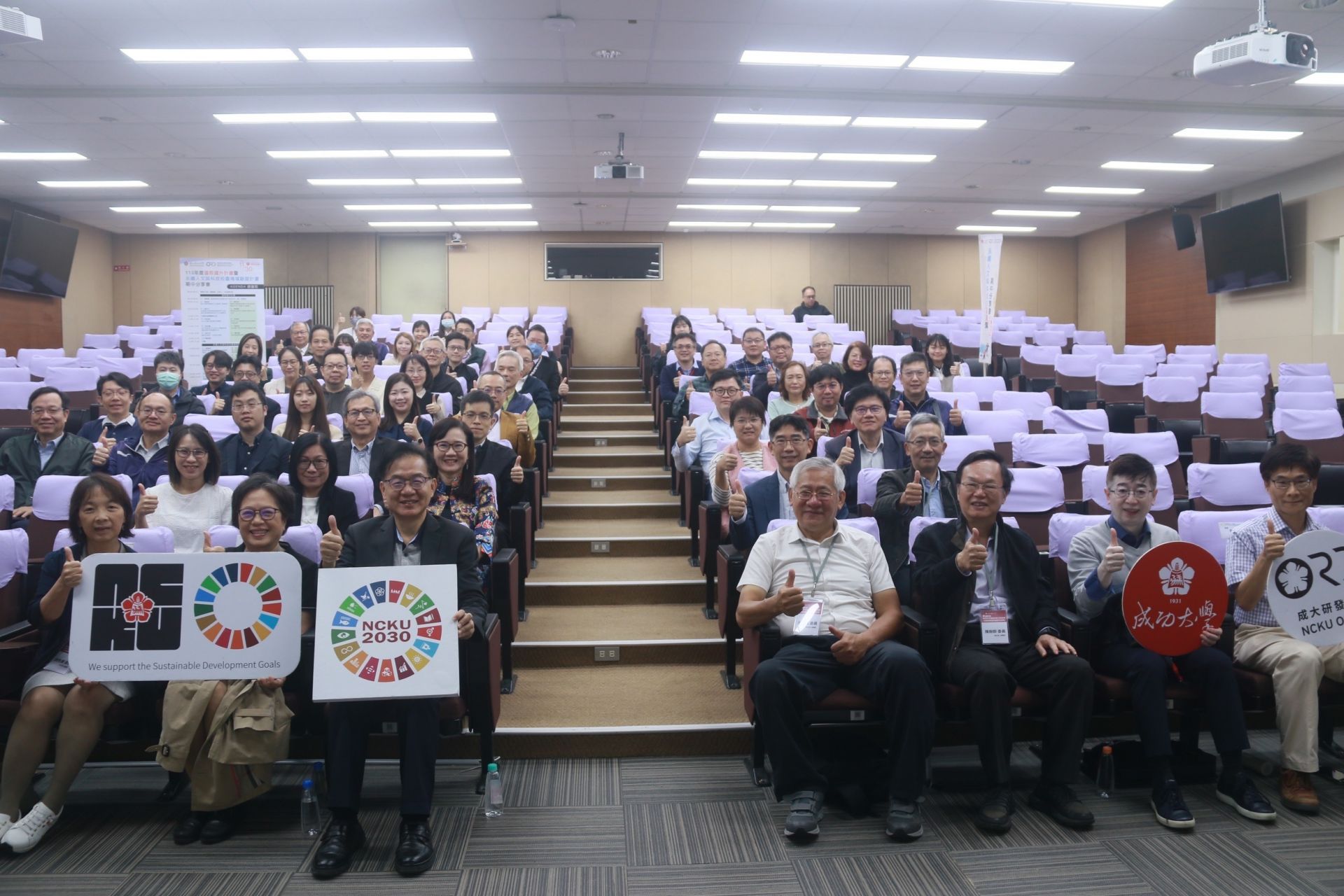
The “International Leap Program” and the “Sustainable Humanities and Technology Campus Pilot Program” aim to use NCKU as a living lab to actively promote the implementation of sustainability-related courses and technologies.
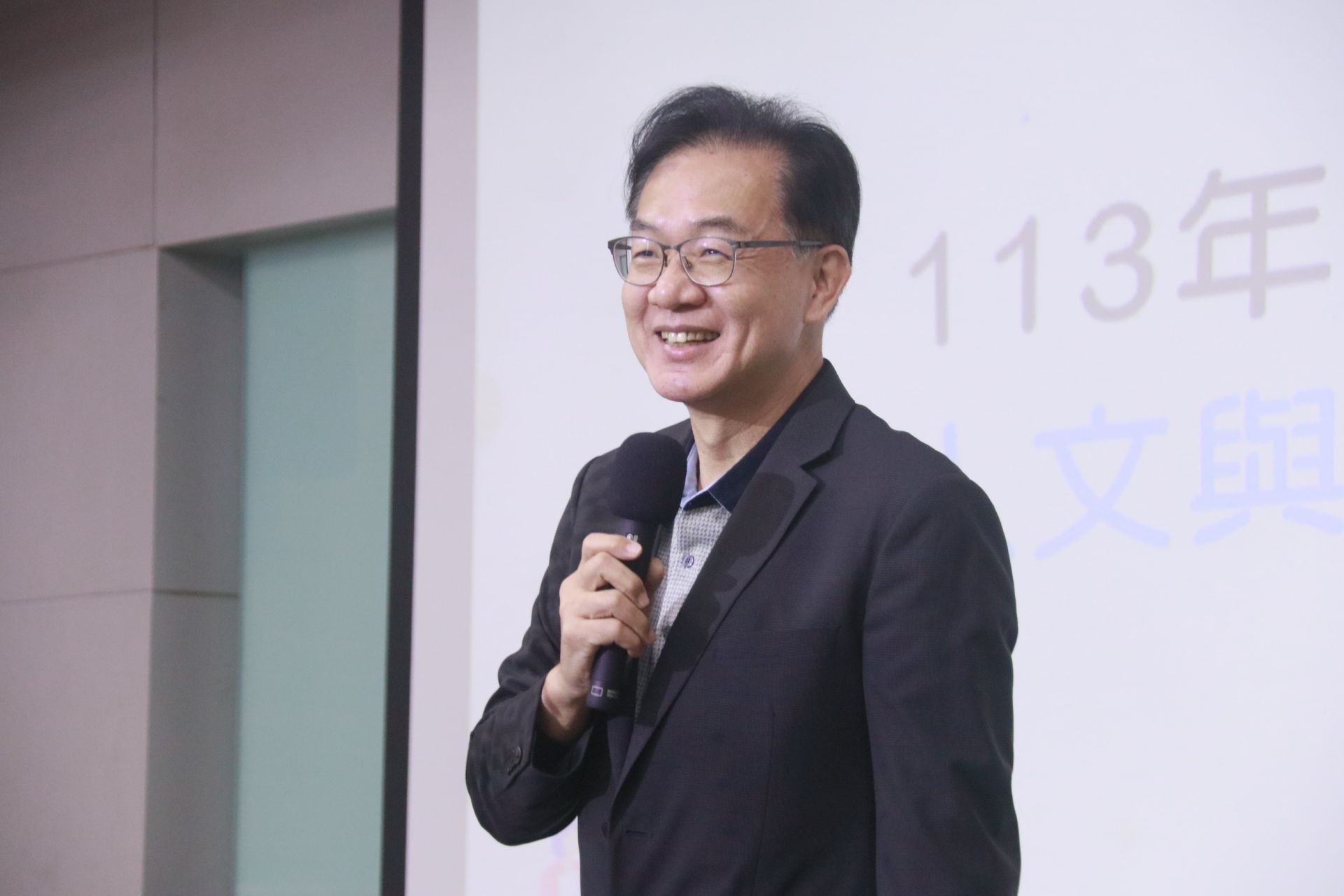
Vice President Hung-Chen Chen stated that finding ways to step beyond the campus to serve society has always been a key focus for NCKU.
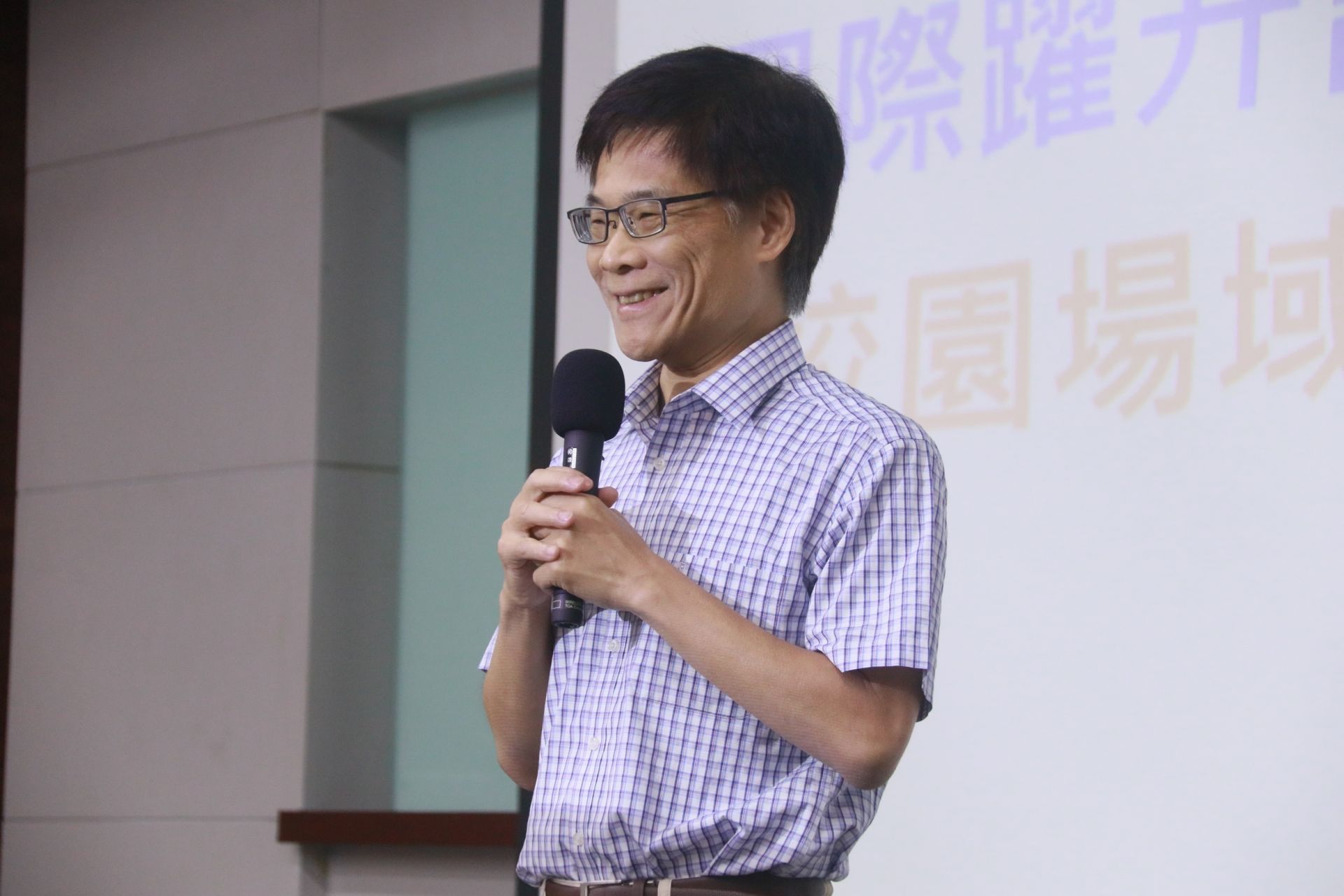
Director of Research and Development Chuan-Pu Liu stated that many participating faculty members agreed that without this program, there would have been no opportunities for cross-disciplinary collaboration.
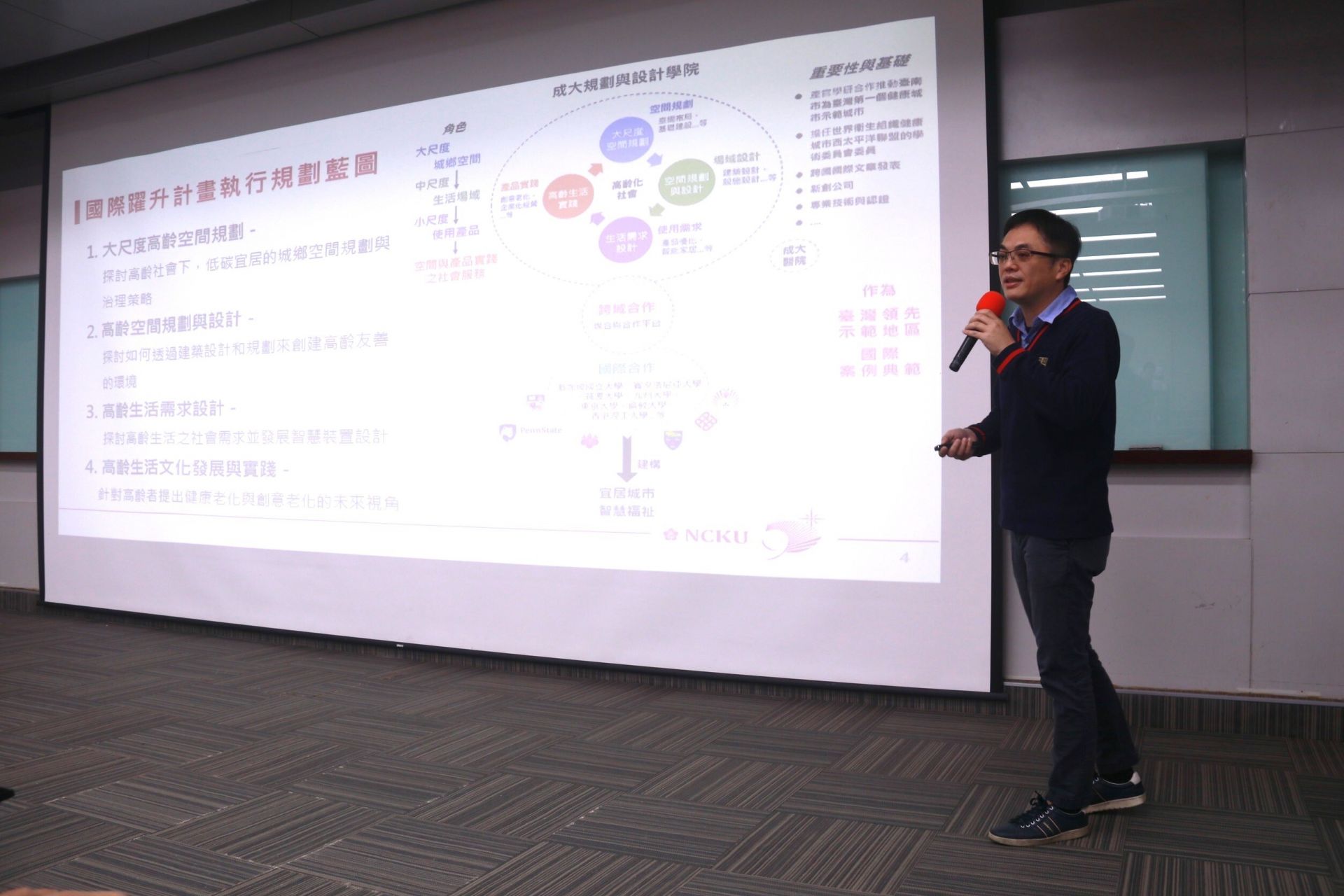
Twenty-five teams from various colleges and departments shared their research outcomes and announced a final review meeting scheduled for February next year.
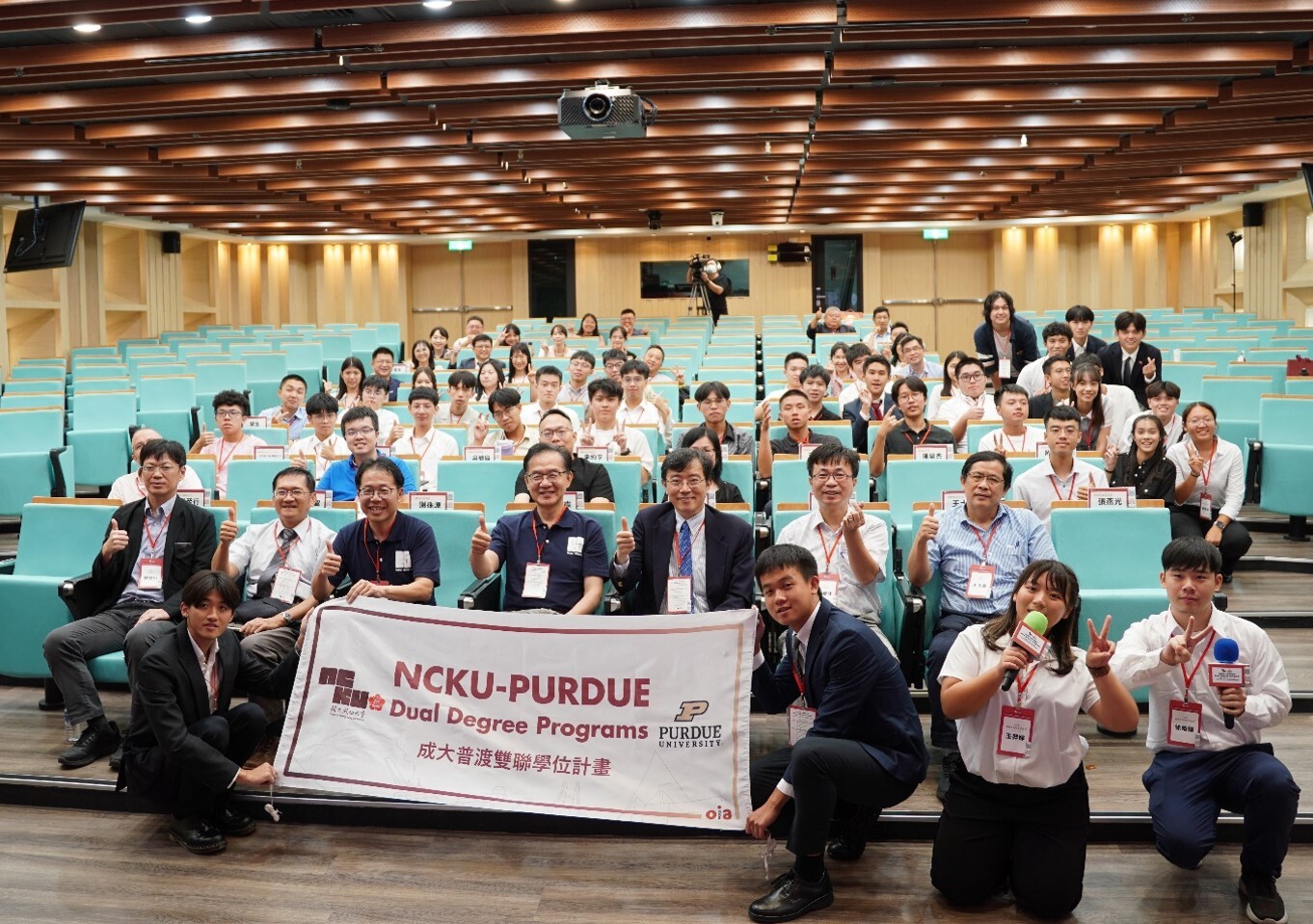
SDG17NCKU and Purdue Join Hands to Welcome the Fifth Cohort of NCKU-Purdue Dual Degree Program Freshmen
View more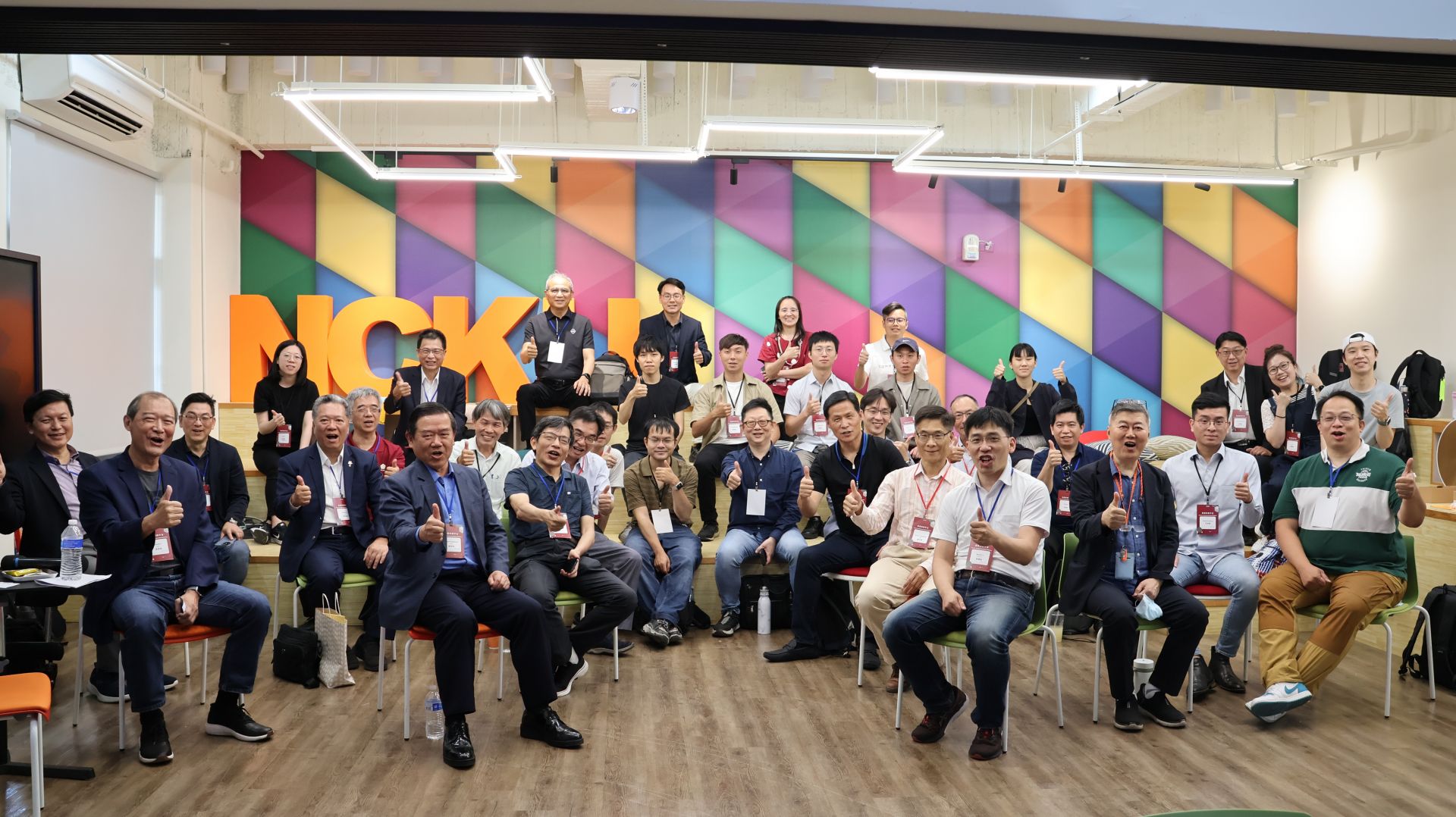
SDG17Phoenix Entrepreneurship Platform Initiates Coaching Program, Connecting Internal Capabilities with Alumni Resources
View more



















